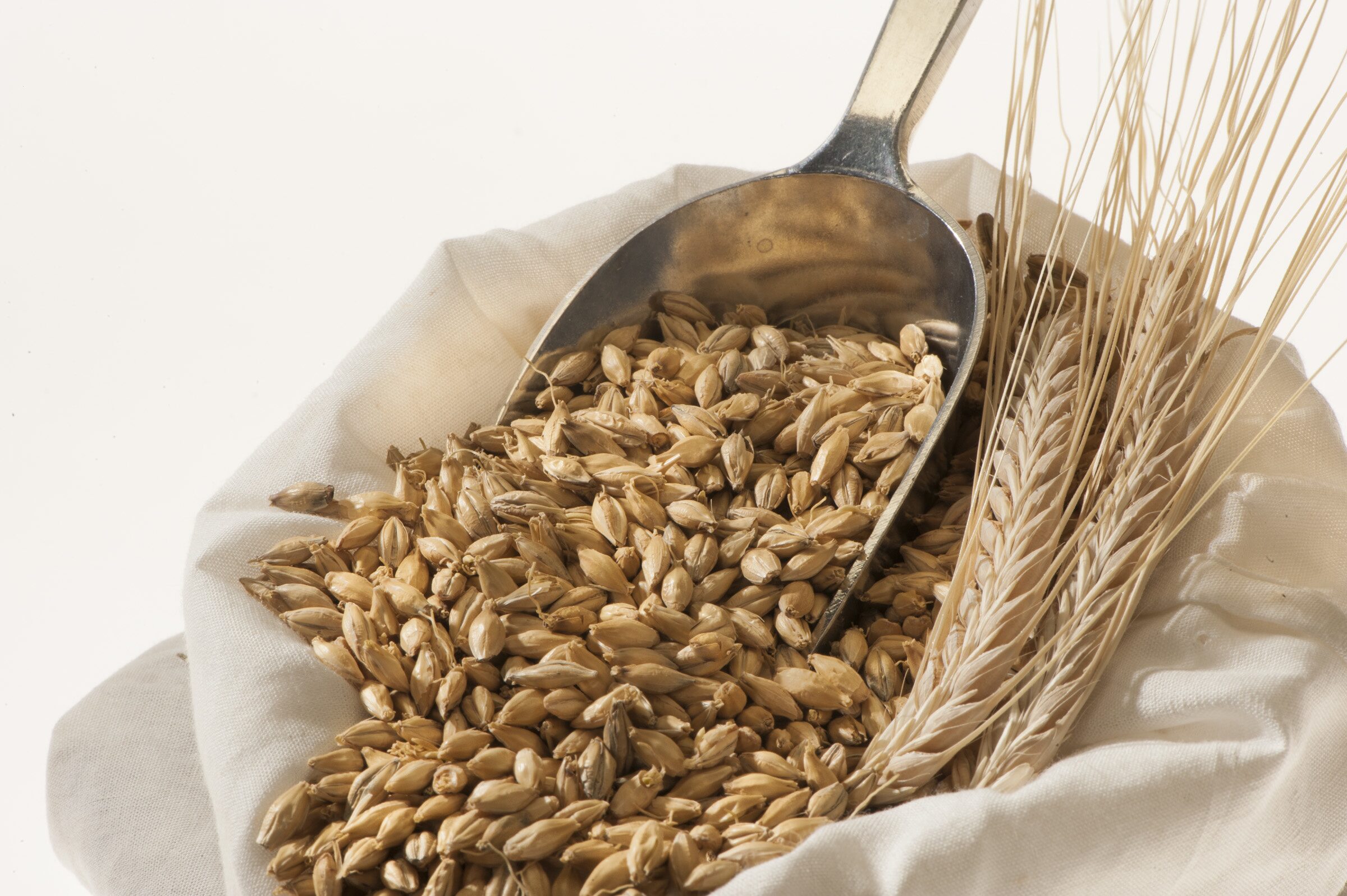Health Benefits of Barley
What are the health benefits of barley?
Barley is a nutritious grain that offers several health benefits. Here are some key health benefits of barley:
- Rich in Nutrients: Barley is a good source of important nutrients, including fiber, vitamins, and minerals. It is particularly high in manganese, selenium, copper, vitamin B1 (thiamine), and vitamin B3 (niacin).
- Heart Health: Barley contains beta-glucan, a type of soluble fiber that has been shown to help reduce cholesterol levels. Consuming barley regularly may help lower the risk of heart disease by reducing LDL (bad) cholesterol levels and improving overall heart health.
- Digestive Health: The fiber content in barley, including both soluble and insoluble fiber, can help promote healthy digestion and prevent constipation. Barley may also help maintain a healthy balance of gut bacteria, which is important for digestive health.
- Blood Sugar Control: Barley has a low glycemic index (GI), which means it does not cause a rapid spike in blood sugar levels. The soluble fiber in barley can also help improve insulin sensitivity and regulate blood sugar levels, making it a beneficial food for individuals with diabetes or those at risk of developing diabetes.
- Weight Management: Barley is a filling and low-calorie food that can help promote satiety and reduce overall calorie intake. The fiber in barley can also slow down digestion and help you feel full for longer periods, which may aid in weight management.
- Bone Health: Barley is a good source of magnesium, phosphorus, and vitamin B6, which are important for maintaining strong and healthy bones. These nutrients can help reduce the risk of osteoporosis and fractures.
- Antioxidant Properties: Barley contains various antioxidants, including phenolic compounds and vitamin E, which help protect cells from damage caused by free radicals. These antioxidants may also have anti-inflammatory effects and contribute to overall health and well-being.
- Improved Immunity: The beta-glucans found in barley may help stimulate the immune system and enhance the body’s ability to fight off infections and disease. This can help improve overall immunity and reduce the risk of illness.
- Lower Risk of Cancer: Some studies suggest that the antioxidants and fiber in barley may help reduce the risk of certain types of cancer, including colorectal cancer. However, more research is needed to confirm these effects.
Overall, barley is a nutritious and versatile grain that can be enjoyed in various dishes, including soups, stews, salads, and as a side dish. Incorporating barley into your diet can provide a range of health benefits and contribute to overall health and well-being.
What are the health risks of barley?
Barley is generally safe for most people when consumed as part of a balanced diet. However, some individuals may experience certain side effects or health risks. Here are some potential health risks of barley:
- Gluten Sensitivity: Barley contains gluten, a protein that can cause adverse reactions in people with celiac disease or non-celiac gluten sensitivity. Individuals with these conditions should avoid barley and other gluten-containing grains to prevent symptoms such as digestive issues, fatigue, and skin rashes.
- Allergic Reactions: Some people may be allergic to barley or other grains in the grass family, such as wheat, rye, and oats. Allergic reactions to barley can cause symptoms such as itching, swelling, hives, or difficulty breathing in severe cases.
- FODMAPs: Barley contains fermentable carbohydrates known as FODMAPs (fermentable oligosaccharides, disaccharides, monosaccharides, and polyols), which can cause digestive issues such as gas, bloating, and diarrhea in some individuals, especially those with irritable bowel syndrome (IBS) or other digestive disorders.
- Toxicity Concerns: Barley grains can sometimes be contaminated with mycotoxins, which are toxic substances produced by fungi. Mycotoxin contamination can occur during storage, especially in warm and humid conditions. Consuming barley with high levels of mycotoxins can cause health issues, so it’s important to store barley properly and buy it from reputable sources.
- High Calorie Content: Barley is a calorie-dense food, especially when consumed in large quantities or in processed forms such as pearl barley. Individuals trying to manage their weight should be mindful of their portion sizes when consuming barley and include it as part of a balanced diet.
- Interactions with Medications: Barley contains fiber and certain nutrients that may interact with medications, particularly those taken for diabetes, blood pressure, or thyroid conditions. If you are taking any medications, it’s best to consult with a healthcare provider before consuming large amounts of barley or barley supplements.
Overall, barley is a nutritious whole grain that can be a healthy addition to most diets. However, individuals with gluten sensitivity, allergies to barley, FODMAP intolerance, or concerns about mycotoxin contamination should consume barley with caution and consult with a healthcare provider if necessary.




